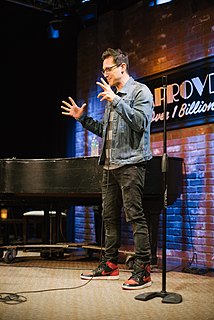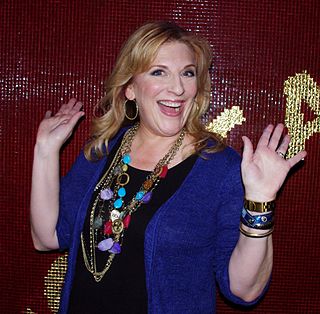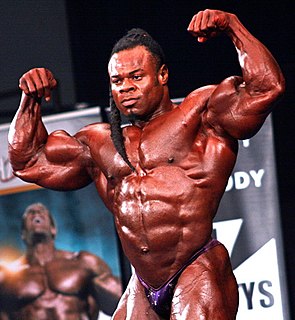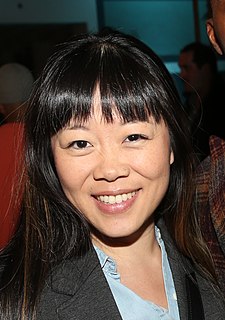A Quote by Dan Levy
There is something transformative about the act of finding your own way without a to-do list.
Related Quotes
It’s therapy. It’s just something to do so you’re not lost in your own not-so-nice thoughts, and it’s an opportunity to think about something a lot nicer and to do something that’s with more purpose. So you do it, and you take your passion and you put a lot into it, and at some point you get recognized for it. But that recognition doesn’t mean the man is without his own demons or without his own struggles.
Forget your ideas about art. Make a shopping list of everything you like about what you've done. Include qualities that you've seen in your life, in the world, and possibly in art that you like. Take this list and make a work that satisfies all of the things on your list without caring if it looks like art.
So silently, peacefully, without hurry, without any tension, without any anguish, move into yourself instantly. It is urgent. Unless meditation becomes urgent to you, it will never happen; you will die before it. Put meditation on your laundry list as the most important, urgent... number one. But meditation in your life is just at the very end of your laundry list - and the laundry list goes on becoming bigger and bigger. And before you finish your laundry list, you are finished, so the time for meditation never comes.
An act of meditation is actually an act of faith--of faith in your spirit, in your own potential. Faith is the basis of meditation. Not of faith in something outside you--a metaphysical buddha, an unattainable ideal, or someone else's words. The faith is in yourself, in your own 'buddha nature.' You too can be a buddha, an awakened being that lives and responds in a wise, creative, and compassionate way.
There's this pet phrase about writing that is bandied around particularly in workshops about "finding your own voice as a poet", which I suppose means that you come out from under the direct influence of other poets and have perhaps found a way to combine those influences so that it appears to be your own voice.
I'm an actor that loves to eat on camera. I love it. Something about the act of eating means that you actually can't act as much. You have to be involved in the very real task of trying to ingest sustenance without choking and dying. Something about that process takes the heat off trying to act and often feels more natural.
I have found it very important in my own life to try to let go of my wishes and instead to live in hope. I am finding that when I choose to let go of my sometimes petty and superficial wishes and trust that my life is precious and meaningful in the eyes of God something really new, something beyond my own expectations begins to happen for me. (Finding My Way Home)
So far I had been travelling alone with my handbook and my Western Railway timetable: I was happiest finding my own way and did not require a liaison man. It had been my intention to stay on the train, without bothering about arriving anywhere: sight-seeing was a way of passing the time, but, as I had concluded in Istanbul, it was an activity very largely based on imaginative invention, like rehearsing your own play in stage sets from which all the actors had fled.
The sad truth is, if you push hard enough, and if you’re so stubborn that you must have things your way, God will sometimes allow you to undertake a project without His blessing or at the wrong time. The problem with that, of course, is when you start something in your own strength and in your own timing, you’re going to have to finish it and maintain it in your own strength.
There's this pet phrase about writing that is bandied around particularly in workshops about "finding your own voice as a poet", which I suppose means that you come out from under the direct influence of other poets and have perhaps found a way to combine those influences so that it appears to be your own voice. But I think you could also put it a different way. You, quote, find your voice, unquote, when you are able to invent this one character who resembles you, obviously, and probably is more like you than anyone else on earth, but is not the equivalent to you.
Sometimes when you pick up your child you can feel the map of your own bones beneath your hands, or smell the scent of your skin in the nape of his neck. This is the most extraordinary thing about motherhood - finding a piece of yourself separate and apart that all the same you could not live without.
How will you go about finding that thing the nature of which is totally unknown to you?" (Plato) The things we want are transformative, and we don’t know or only think we know what is on the other side of that transformation. Love, wisdom, grace, inspiration- how do you go about finding these things that are in some ways about extending the boundaries of the self into unknown territory, about becoming someone else?

































